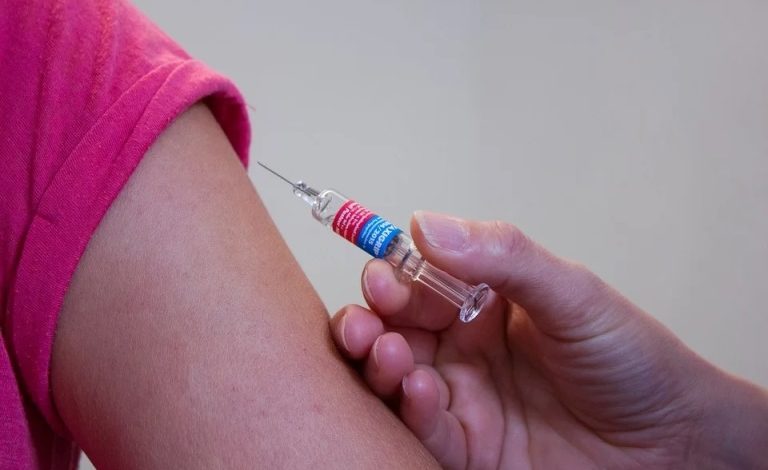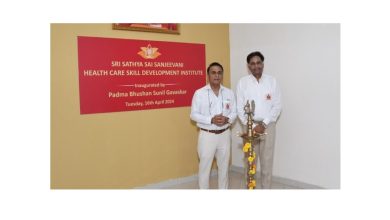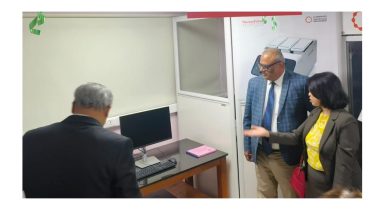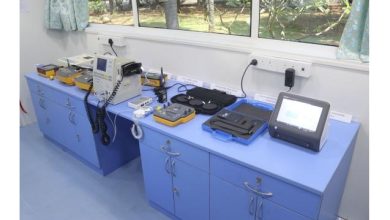
The online survey was conducted between late October and mid-November 2020
COVID-19 vaccine acceptance among pregnant women and mothers is the highest in India, the Philippines and some Latin American countries, according to a survey of 16 countries that asked questions premised on a safe and free preventive with 90 per cent efficacy.
The survey to assess the response of pregnant women and mothers of children younger than 18 years and their willingness to vaccinate themselves and their children was conducted by a led team from the Harvard TH Chan School of Public Health.
The online survey was conducted between late October and mid-November 2020. Almost 18,000 women in 16 countries responded to questions about the hypothetical safe and free COVID-19 vaccine with 90 per cent efficacy, the Harvard researchers said.
Vaccines for COVID-19 are being distributed around the world, but researchers have till now had little data about global COVID-19 vaccine acceptance.
The findings, published in the European Journal of Epidemiology, indicate that vaccine acceptance was highest in India, the Philippines, and all sampled countries in Latin America. It was lowest in Russia, the US, and Australia, the researchers found.
“Our study confirmed that COVID-19 vaccine hesitancy is multi-faceted,” said Harvard Chan School’s Julia Wu, the senior author of the paper.
“The perceived threat of COVID-19, level of trust in public health agencies, and existing pre-COVID 19 vaccine attitudes play key roles in shaping vaccine acceptance and confidence. Vaccination campaigns should be tailored to alleviate these specific concerns,” Wu said.
Predictors examined included COVID-19 vaccine confidence, negative experiences with COVID-19, perception of the risk and seriousness of the disease, public trust, general vaccine attitude, demographics and socioeconomic status.
This survey included women aged 18 years or older, currently pregnant or with at least one child under 18 years of age.
Overall, 52 per cent of pregnant women and 73 per cent of non-pregnant women said they would receive such a vaccine, and 69 per cent of all women surveyed said they would vaccinate their children.
In India, the Philippines, and Latin American countries, the acceptance was above 60 per cent among pregnant women and above 78 per cent among non-pregnant women for themselves.
The survey shows over 75 per cent of mothers indicated they would vaccinate their children.
Vaccine acceptance in the US and Russia was below 45 per cent among pregnant women and less than 56 per cent among non-pregnant women for themselves, and similar to countries with very few COVID-19 cases, such as Australia and New Zealand.
According to the researchers, lower vaccine acceptance in the US and Russia could be due to COVID-19 denial.
The research team asked the survey participants about various topics related to vaccinations and COVID-19.
The strongest predictors of COVID-19 vaccine acceptance among the women surveyed included confidence in COVID-19 vaccine safety or effectiveness, worrying about COVID-19, and belief in the importance of vaccines to their own country.
Compliance with mask guidelines, trust in public health agencies and health sciences, and attitudes towards routine vaccines were the other strong predictors of acceptance.
Pregnant women who were reluctant said they had concerns about exposing their developing baby to possible harmful side effects, the vaccine being rushed for political reasons, and the lack of safety and effectiveness data in pregnant women.
PTI




